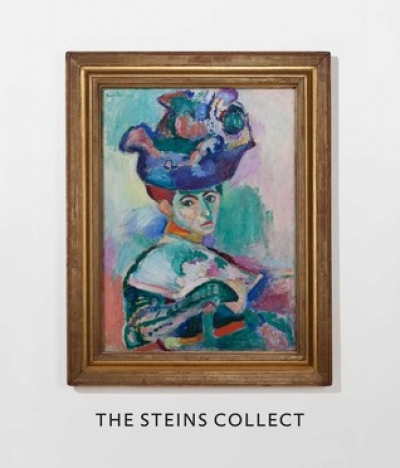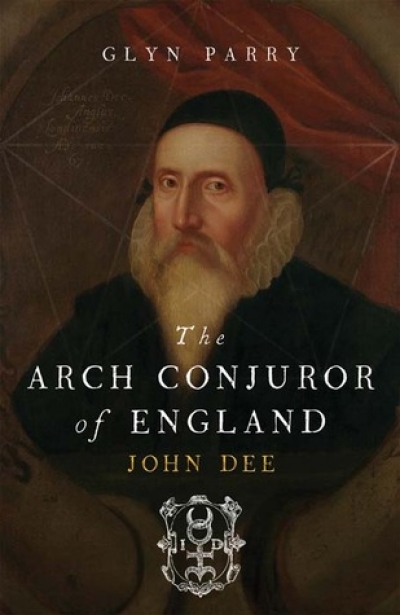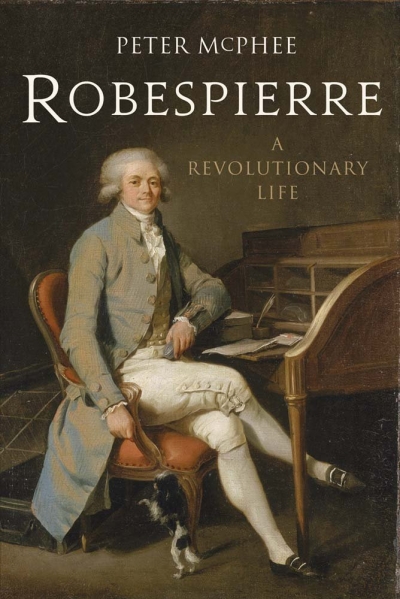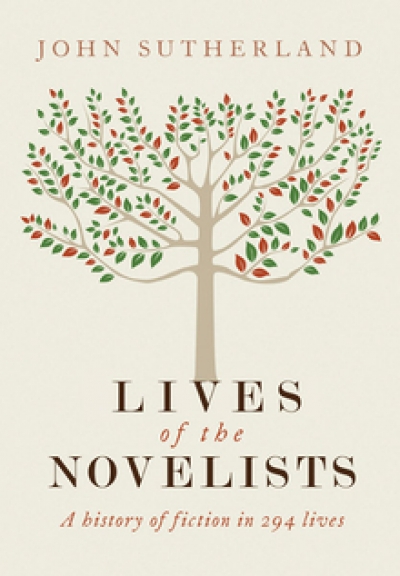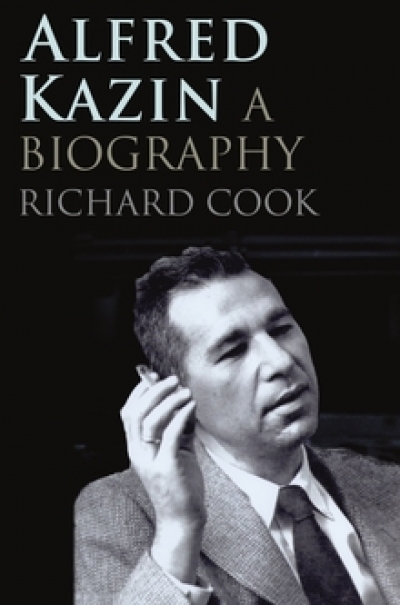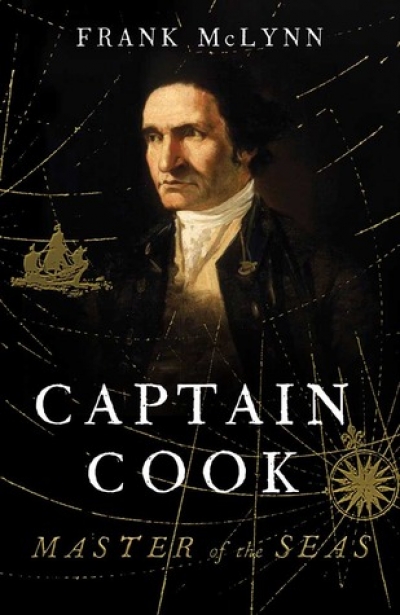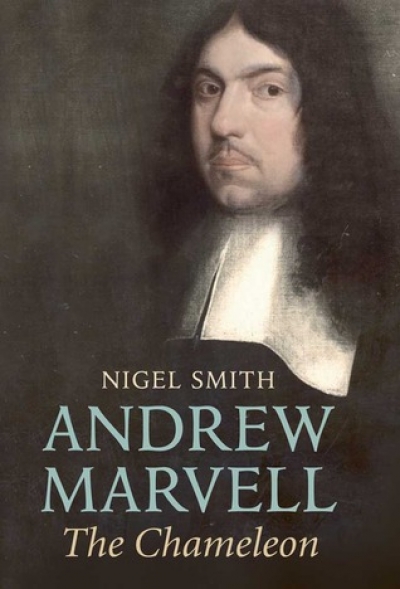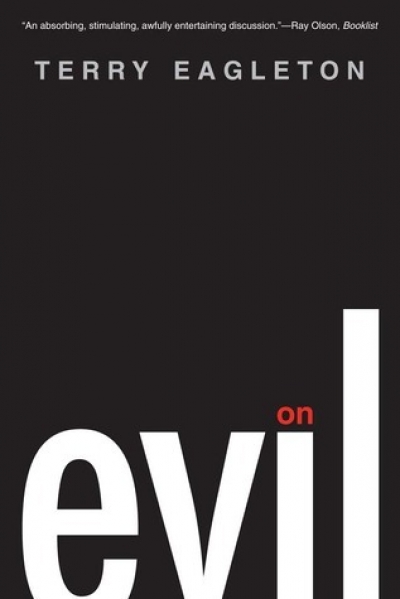Yale University Press
The Battle for the Arab Spring: Revolution, Counter-Revolution and the Making of a New Era by Lin Noueihed and Alex Warren & Libya: The Rise and Fall of Qaddafi by Alison Pargeter
by Peter Rodgers •
The Steins Collect: Matisse, Picasso, and the Parisian Avant-Garde edited by Janet Bishop, Cécile Debray, and Rebecca Rabinow
by Patrick McCaughey •
Lives of the Novelists: A history of fiction in 287 Lives by John Sutherland
by James Ley •
Alfred Kazin by Richard M. Cook & Alfred Kazin’s Journals edited by Richard M. Cook
by Don Anderson •


